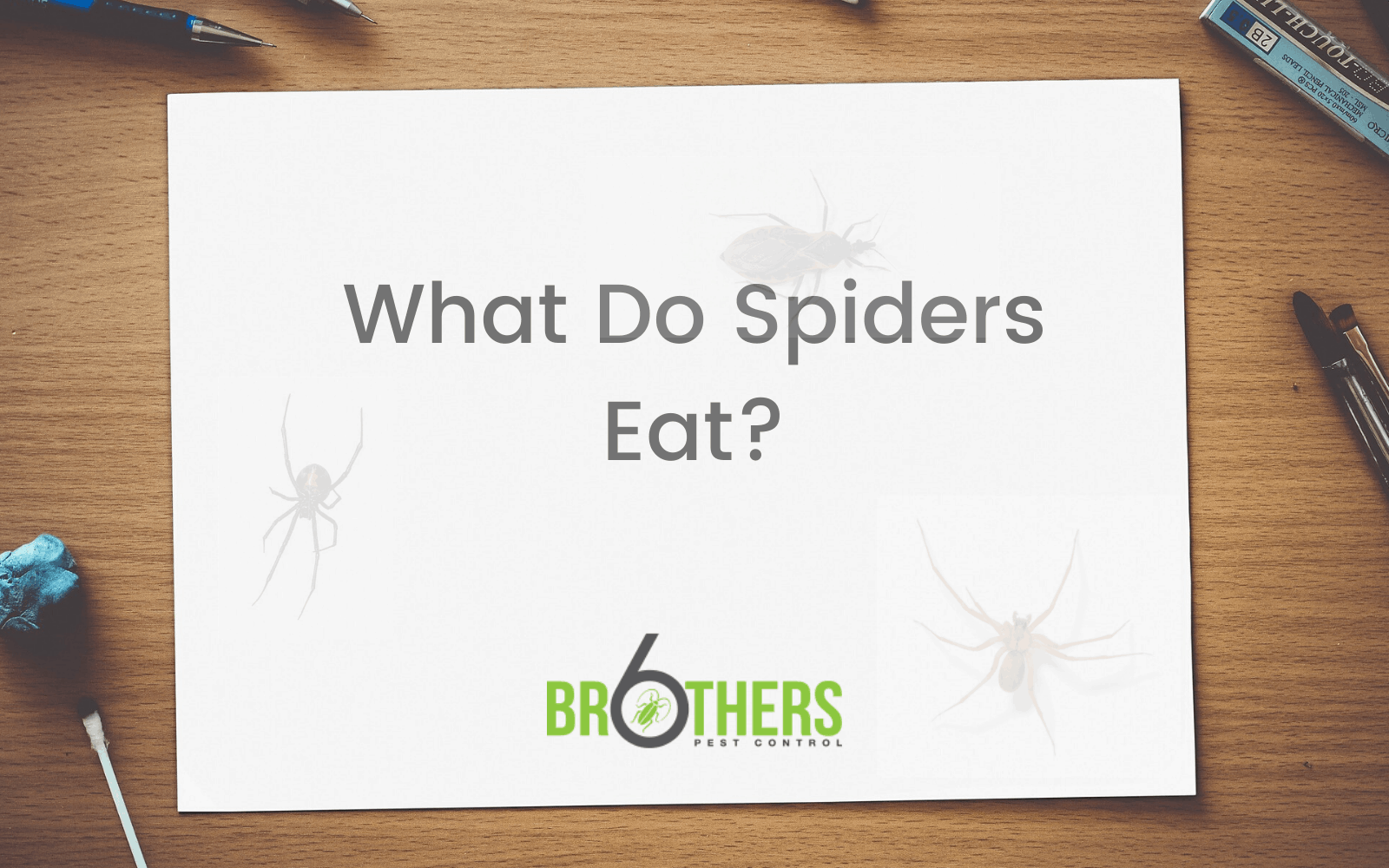Most people know that spiders like to chow down on insects, but there is much about a spider’s diet and eating habits that may surprise you. From the way they eat to the sheer number of insects that they consume each year, we’ll share with you some interesting facts and explain how spider food relates to your own spider control.
How Do Spiders Get Food?
Webs are probably one of the first things you think of when you hear the word “spider.” These sticky works of art are woven to capture food. Web-building spiders mostly eat flying insects like mosquitoes, flies, moths, and more. Common spiders that catch prey in webs are house spiders, orb-weavers, and yellow sac spiders.

While webs are a very common way to catch food, some species of spiders prefer different methods. Ground dwelling spiders often have homes in burrows. They will wait in their hole and then spring from their hiding place to catch their prey as it passes. Some spiders will also go hunting for food. Jumping spiders and wolf spiders are quick and have good eyesight to be able to hunt for food.
What Do Spiders Eat?
The vast majority of spiders are insectivores and rely on insects of all types for their food. Although spiders seem small, when they are all counted together, spiders consume between 400-800 million metric tons of insects each year. This means that without spiders, we would be dealing with a lot more annoying and dangerous bugs. Larger spiders may venture away from only insects and eat larger animals like frogs, lizards, and small birds. There are even a few species of spiders that are vegetarians. The bagheera kiplingi jumping spider from Mexico relies almost solely on acacia leaves.
How Do Spiders Eat?
Spiders don’t have teeth, so they can’t eat the same way that humans or other animals do. When they catch food, they will vomit up digestive enzymes that will begin to break down their food on the outside. After this process is started, spiders will use their jaw-like chelicerae to “chew” to help break down the food more. Lastly, they will suck out the partially digested fluids and liquified meat from the prey.
How Does Knowing About Their Diet Help With Spider Control?
First things first… spiders are attracted to insects, so if you have a lot of insects around your home, you are likely going to have spider problems. That means that it is extremely important to keep your home clean and crumb-free. Obviously, a perfectly clean home isn’t always possible, but doing your best to regularly sweep and vacuum, take out the trash often, and store your food properly will help keep down the insect population. Some other things that you can do to manage insects (and spiders) is to turn off your outdoor lighting at night. If that isn’t feasible because of security or other issues, you can replace your bright fluorescent bulbs with special bug bulbs. Like with other pests, sealing the exterior of your home is also an important step to take.
Lastly, calling a professional Las Vegas pest control company can help save you time and frustration. Six Brothers Pest Control can help you take care of your spider problems. We will apply a perimeter treatment around your home to keep spiders and other insects away. You can feel confident in our services because we offer a 100% satisfaction guarantee. We have offices in Orem, Salt Lake City, Saint George, Las Vegas, and Boise. For pest control you can trust, contact Six Brothers today.













